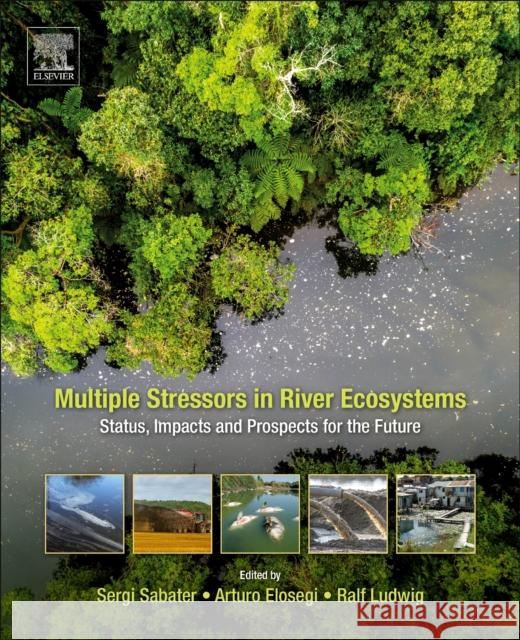Multiple Stressors in River Ecosystems: Status, Impacts and Prospects for the Future » książka
topmenu
Multiple Stressors in River Ecosystems: Status, Impacts and Prospects for the Future
ISBN-13: 9780128117132 / Angielski / Miękka / 2018 / 404 str.
Kategorie:
Kategorie BISAC:
Wydawca:
Elsevier
Język:
Angielski
ISBN-13:
9780128117132
Rok wydania:
2018
Ilość stron:
404
Waga:
0.83 kg
Wymiary:
23.37 x 18.8 x 2.29
Oprawa:
Miękka
Wolumenów:
01











